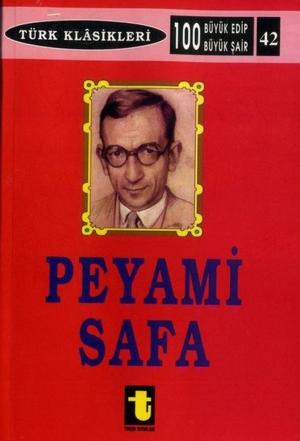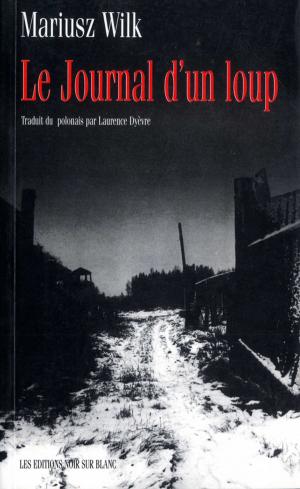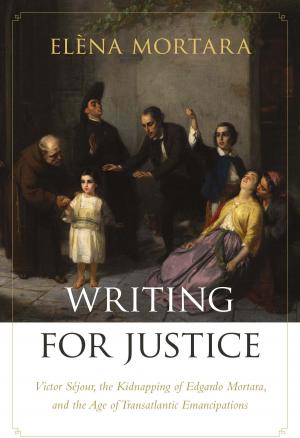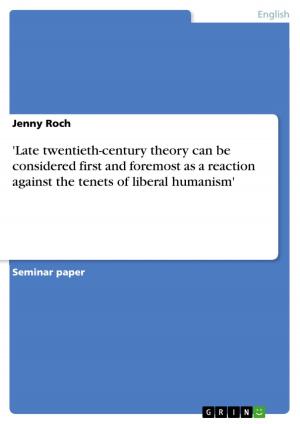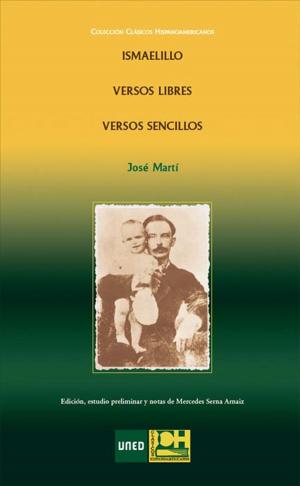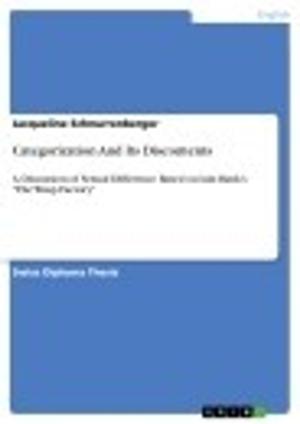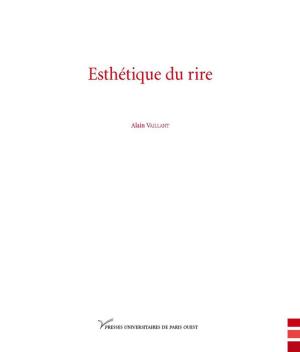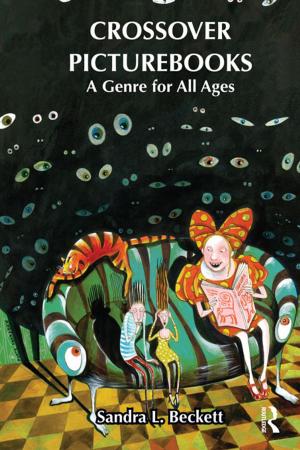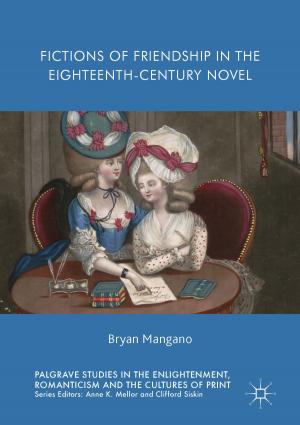| Author: | Giovanni Cafagna | ISBN: | 9780954197223 |
| Publisher: | Giovanni Cafagna | Publication: | June 30, 2016 |
| Imprint: | Smashwords Edition | Language: | English |
| Author: | Giovanni Cafagna |
| ISBN: | 9780954197223 |
| Publisher: | Giovanni Cafagna |
| Publication: | June 30, 2016 |
| Imprint: | Smashwords Edition |
| Language: | English |
In ‘Traces’ the European emigrant Odyssèas leaves his adoptive country, family, home, friends to be in Greece, his birthplace, for good. On August 15th he visits his beloved semi-blind grandmother Konstantina. Childhood memories emerge triggered by the landscape when suddenly an earthquake strikes turning quietness into madness, and the fear of dying swallowed by the earth freezes him on the spot. The wonderful story by grandfather Ioannis, Konstantina’s dead husband, about the birth of Greece and why earthquakes happen saves him. An inspiring storyteller and local legend, he could read the stars and predict the weather of the following year. In the bygone era of seasonal farming, such knowledge defied the unpredictability of Mother Nature. They called him the Lucky Charm. Konstantina wants to visit aunt Iannoula, her sister. She also hints that her time on Earth is up: grandfather Ioannis, in her dreams, told her he is waiting for her. Without grandmother though Odyssèas will be missing the guiding light to restore his childhood happiness. Suddenly cracks appear in his cast iron new life, which express the fallibility of human decision in the cycle of life and death governing the universe. Iannoula lives in Antirion, near the ancient mountain Paliovouna. If plumes of smoke rise from its top, it is the breath of Ephèstos, god of fire, resting on his way to brother Zeus on Mount Olympus. They cross the majestic Charilaos Trikoupis Bridge, named after the founding father of modern Greece, and from the car he appreciates the soothing sight of the setting sun. To Konstantina the bridge is a miracle, just like it was to cross the sea in a small fishing boat in the worst storm of 1943, with her family, and heavily pregnant. As the starry night appears while waiting for aunt’s famous food feast, in her garden everything looks the same. But is it? The differences between his memories and the present are evident in the decay that pervades everything. An old horse cart talks to him: I am not just an old object. I symbolize a significant event buried in your family past. As it does the dagger known as ‘Karapapa’ that belonged to Elefteris Paliokosta, the Devil of Corfu, slaughterer of Ottomans, hero of the siege of Tripolis of 1821, where 8,000 non-Greeks were either butchered or impaled. He couldn’t return home and settled instead for Gavrolimni, where changed his name to Karapapa, in honour of the trusted dagger, and a new family dynasty was born. War tragedies never stopped plaguing Greece though. After the September 8th 1943 armistice, the Nazi hunted Italian soldiers accused of treason. The starving Greeks hid them in basements and barns, despite they were enemies too. But the Nazi did not like instinctive generosity and innate compassion, and perpetrated some of the worst massacres of civilians in WWII. Meanwhile, the simmering civil war caused social anarchy, and the long running feud between the Karapapa family and Gavrolimni's other prominent family the Tsiligiannis descended into murder. After the food feast, and another call from the Sirens, Odyssèas enters the sea, and falls asleep cradled by waves, realizing he misses his previous life as an emigrant. He wakes up washed ashore on August 16th. Konstantina desires to visit the church of Agia Panagiotissa in Gavrolimni to light candles and pray. There isn’t much time, she adds. As Odyssèas drives her to destination, discovers more from her past: two men falling in love with the same woman; the devil’s music played at the village feast; the secret kept hidden in her heart that caused her to escape. Konstantina goes missing briefly and then turns up inside the church where she can finally join her beloved husband. Outside Odyssèas finds a special treasure left to him: old photographs, a dagger called karapapa, love letters, special documents, and a note with her last words.
In ‘Traces’ the European emigrant Odyssèas leaves his adoptive country, family, home, friends to be in Greece, his birthplace, for good. On August 15th he visits his beloved semi-blind grandmother Konstantina. Childhood memories emerge triggered by the landscape when suddenly an earthquake strikes turning quietness into madness, and the fear of dying swallowed by the earth freezes him on the spot. The wonderful story by grandfather Ioannis, Konstantina’s dead husband, about the birth of Greece and why earthquakes happen saves him. An inspiring storyteller and local legend, he could read the stars and predict the weather of the following year. In the bygone era of seasonal farming, such knowledge defied the unpredictability of Mother Nature. They called him the Lucky Charm. Konstantina wants to visit aunt Iannoula, her sister. She also hints that her time on Earth is up: grandfather Ioannis, in her dreams, told her he is waiting for her. Without grandmother though Odyssèas will be missing the guiding light to restore his childhood happiness. Suddenly cracks appear in his cast iron new life, which express the fallibility of human decision in the cycle of life and death governing the universe. Iannoula lives in Antirion, near the ancient mountain Paliovouna. If plumes of smoke rise from its top, it is the breath of Ephèstos, god of fire, resting on his way to brother Zeus on Mount Olympus. They cross the majestic Charilaos Trikoupis Bridge, named after the founding father of modern Greece, and from the car he appreciates the soothing sight of the setting sun. To Konstantina the bridge is a miracle, just like it was to cross the sea in a small fishing boat in the worst storm of 1943, with her family, and heavily pregnant. As the starry night appears while waiting for aunt’s famous food feast, in her garden everything looks the same. But is it? The differences between his memories and the present are evident in the decay that pervades everything. An old horse cart talks to him: I am not just an old object. I symbolize a significant event buried in your family past. As it does the dagger known as ‘Karapapa’ that belonged to Elefteris Paliokosta, the Devil of Corfu, slaughterer of Ottomans, hero of the siege of Tripolis of 1821, where 8,000 non-Greeks were either butchered or impaled. He couldn’t return home and settled instead for Gavrolimni, where changed his name to Karapapa, in honour of the trusted dagger, and a new family dynasty was born. War tragedies never stopped plaguing Greece though. After the September 8th 1943 armistice, the Nazi hunted Italian soldiers accused of treason. The starving Greeks hid them in basements and barns, despite they were enemies too. But the Nazi did not like instinctive generosity and innate compassion, and perpetrated some of the worst massacres of civilians in WWII. Meanwhile, the simmering civil war caused social anarchy, and the long running feud between the Karapapa family and Gavrolimni's other prominent family the Tsiligiannis descended into murder. After the food feast, and another call from the Sirens, Odyssèas enters the sea, and falls asleep cradled by waves, realizing he misses his previous life as an emigrant. He wakes up washed ashore on August 16th. Konstantina desires to visit the church of Agia Panagiotissa in Gavrolimni to light candles and pray. There isn’t much time, she adds. As Odyssèas drives her to destination, discovers more from her past: two men falling in love with the same woman; the devil’s music played at the village feast; the secret kept hidden in her heart that caused her to escape. Konstantina goes missing briefly and then turns up inside the church where she can finally join her beloved husband. Outside Odyssèas finds a special treasure left to him: old photographs, a dagger called karapapa, love letters, special documents, and a note with her last words.


